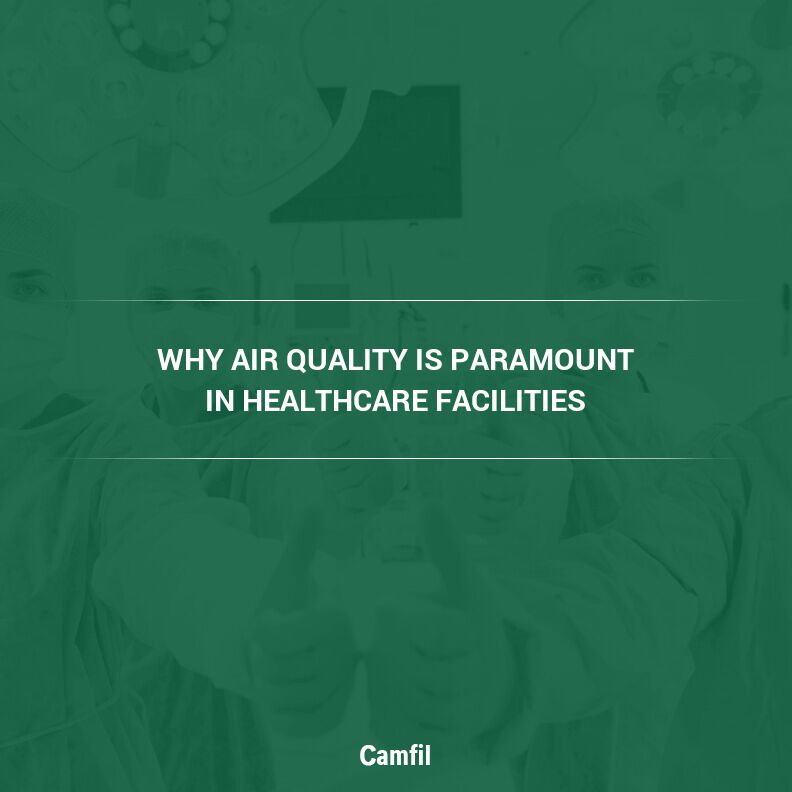
How Air Filters Improve Indoor Air Quality in Hospitals and Clinics
Proper air filtration is essential in reducing and preventing the spread of infectious diseases through the different environments of a healthcare facility to improve patient outcomes.
Proper air filtration can improve patient outcomes by maintaining high indoor air quality (IAQ) and preventing the spread of disease among visitors and staff. Research indicates that high IAQ can improve patient recovery, especially for those with respiratory issues, and directly affects health and productivity.
However, several factors can jeopardize indoor air quality. External pollutants can enter indoor environments as individuals continuously enter and leave buildings. According to the U.S. Environmental Protection Agency (EPA), many common pollutants exist indoors in concentrations two to five times higher than typical outdoor levels.
Unhealthy patients can spread infectious diseases, while cleaning and therapeutic substances can emit chemical and biological compounds into the atmosphere. Facility renovations also introduce dust particulates into the air.
Many illnesses are caused or aggravated by poor IAQ. Therefore, air filtration is mandatory throughout hospital settings to remove airborne pathogens, dust particulates, and hazardous chemicals. This ensures a high level of air quality to safeguard patient health and healing.
Why Air Quality is Paramount in Healthcare Facilities
Healthcare facilities like hospitals face unique challenges when it comes to maintaining air quality....
Read Full Story: https://cleanair.camfil.us/2023/09/23/how-air-filters-improve-indoor-air-quality-in-hospitals-and-clinics/
Your content is great. However, if any of the content contained herein violates any rights of yours, including those of copyright, please contact us immediately by e-mail at media[@]kissrpr.com.